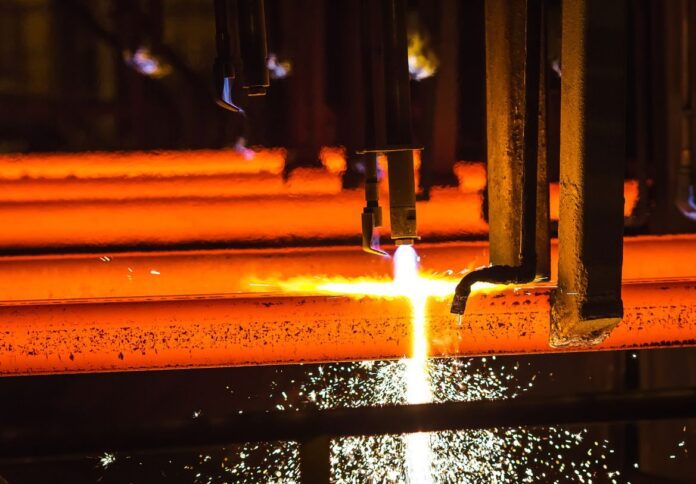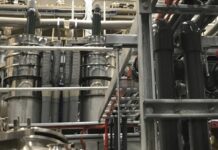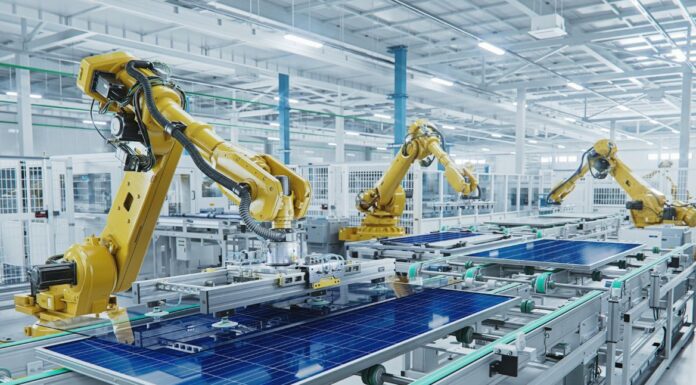
Industry representative Weld Australia has denounced a new recommendation from the Anti-Dumping Commission for tariffs on Chinese wind towers to expire on 16 April 2024— calling it a move that appears to be sacrificing wind towers for wine.
In a media release, Weld Australia urges the federal government to mandate a minimum of 60 per cent local content by kilogram of steel for every wind tower erected in Australia; and that every wind tower erected in the country is constructed and inspected according to Australian Standards.
China has agreed to review its tariffs on Australian wine after a negotiation breakthrough over the weekend.
Prime Minister Anthony Albanese said Australia and China agreed to suspend their World Trade Organisation dispute while Beijing undertakes an “expedited review” of duties, which is expected to take five months.
Beijing implemented trading sanctions on $20 billion worth of Australian products at the height of the feud in 2020, rolling out tariffs of around 107 per cent and 212 per cent on Australian wine.
Geoff Crittenden, CEO of Weld Australia, welcomed China’s “expedited review” of tariffs on Australian wine but noted that the success of Australia’s local wine industry cannot come at the cost of manufacturing.
“The Albanese Government has repeatedly confirmed that Australia’s transition to renewable energy is a prime opportunity to revitalise manufacturing. The Federal Government has confirmed that sovereign manufacturing capability is strategically important and that Australia cannot continue to rely on overseas supply chains,” Crittenden added.
“And yet, suspending the tariffs on Chinese wind tower imports demonstrates just how heavily the Federal Government is willing to compromise.”
The Weld Australia CEO also noted that the quality of Chinese wind towers imported into Australia is “extremely suspect.”
“Any imported wind towers must be properly inspected at the port of departure—not landing. Weld Australia is well aware of several hundred wind towers in Australia that do not comply with Australian Standards and are unsafe,” he added.
Crittenden said the Federal Government must commit to building sovereign manufacturing capability for renewable energy and obtain agreement from the states to legislate local content policies “in a real, effective way.”
“This will create a capacity mechanism that generates a clear, long-term signal for investment by private equity and local manufacturers,” said Crittenden.




















